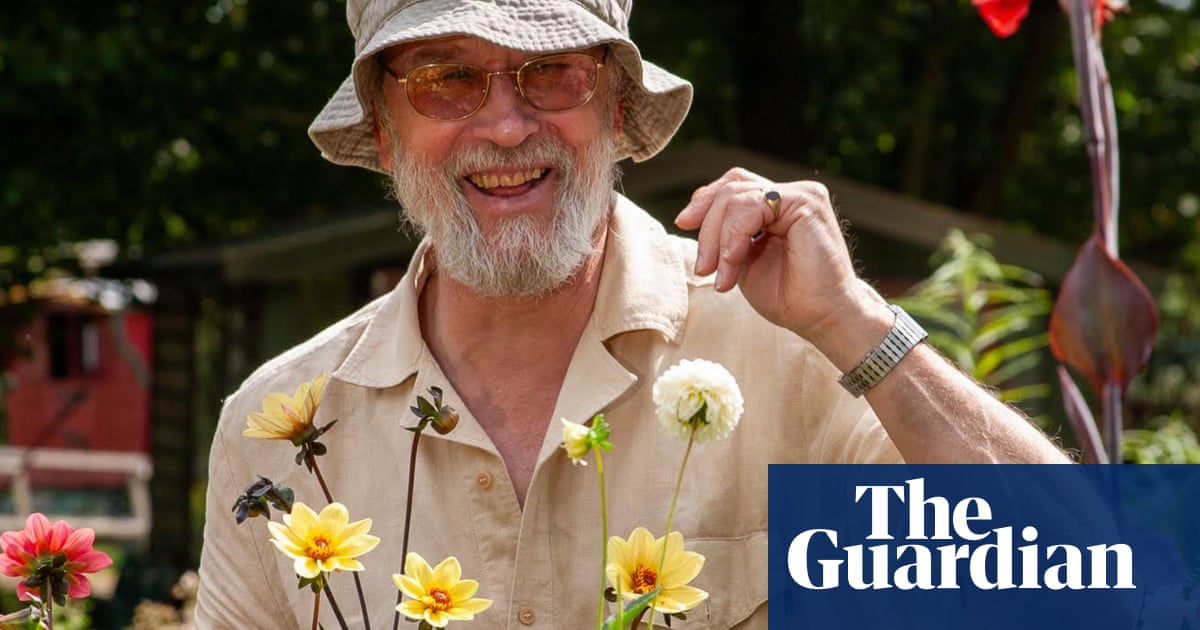My friend and former colleague David Hopkinson, who has died aged 89, was director of the Medical Research Council’s human biochemical genetics unit at University College London from 1976 until its closure in 2000.
Hoppy, as he was universally known, had joined the unit at its inception in 1962 because in an earlier, more junior, position he had been one of the first medical scientists to describe molecular differences in human enzymes, long before DNA sequence differences were known about.
The unit was established to research the extent and significance of genetic variation to human health. As its head, Hoppy expanded its focus to gene mapping and disease genetics while also moving into the new science of gene cloning and DNA sequencing.
Born in Chesterfield, Derbyshire, to Albert Hopkinson, an iron and steelworks foreman, and Lilian (nee Siddal), a dressmaker, he went to Chesterfield grammar school, which fostered his early interest in organic chemistry. After completing a natural sciences degree at Cambridge University he qualified in medicine at the London hospital in 1959, working there until he joined the human biochemical genetics unit three years later.
Hoppy was recruited by its inaugural head, Prof Harry Harris, becoming his right-hand man responsible for many of the unit’s innovative experimental approaches, including developing novel methods of enzyme detection and electrophoresis.
The unit moved in 1965 from its initial base at King’s College to UCL, where I joined the unit three years later to study for a PhD under Harris. Hoppy remained there for the rest of his career. He published widely, and played an important part in teaching and supervision, being made full professor of London University in 1990. Twenty five years after his retirement, his role as mentor is remembered with great warmth by his former staff and students.
Hoppy read widely and appreciated drama and music. A practical man who took pleasure in manual labour, he was an accomplished gardener and delighted in propagating plants and growing vegetables. He also enjoyed summers hiking in the Swiss Alps, and was a keen birdwatcher.
In retirement, he studied architecture and German, and gained a first-class degree in geology at the Open University. He also spent many years as a volunteer at Chilterns’ Citizens Advice in Chesham, Buckinghamshire.
He is survived by his second wife, Prof Yvonne Edwards, and by three children, Paul, Susan and Ian, from his first marriage, to Josephine (nee Manze), which ended in divorce, and four grandchildren.
